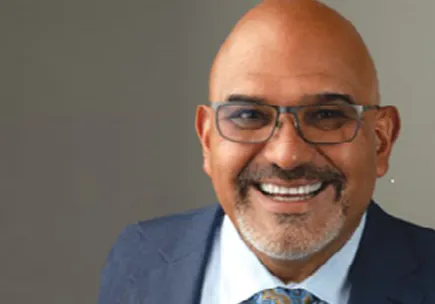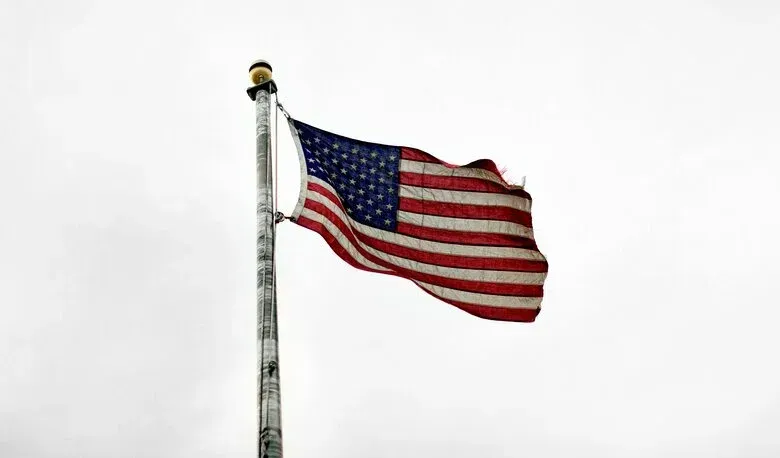When Maria Cabrera was eight, her mother took her to New York City. «I loved the sound of all the different languages people spoke at the United Nations.» Her dream was to be a UN interpreter, «a communicator for all people.» Today, at 55, she says, «While I’m not at the UN translating, I am living my dream at the Museum of Science. I try to use my Spanish, my experiences as a Latina and single parent, and my differently-abled perspective» as the Museum’s ambassador to the community. Her mission is to connect people to the Museum’s resources and bring the Museum to the community.
Now, as the new Massachusetts state representative to NEMA (New England Museum Association), Cabrera will extend her reach throughout New England by helping to make NEMA’s 433 museums «accessible to as many people of different ethnicities, cultures, and abilities as possible.»
ON JANUARY 23, 2009, 6:00 pm – 9:00 pm: Cabrera will welcome Museum visitors to a Lunar New Year Celebration of Chinese and other Asian cultures. In addition to Asian legends and stunning artifacts in the Mythic Creatures exhibit, visitors can explore a Chinese Herbal Shop, a FREE screening of The Greatest Places film, and a Planetarium show with a Chinese tale about the Milky Way. Lunar New Year activities are free with Exhibit Hall admission.
Since Cabrera’s arrival at the Museum of Science, Boston in 1995, she has introduced underrepresented cultural, ethnic, and disability communities to the Museum via partnerships with over 3,500 organizations in Greater Boston and surrounding areas. They include churches, the YMCA, Boys & Girls Clubs, and other out-of-school groups and community centers. The Museum is one of only a few science museums in the country with a department dedicated solely to community relations. In the last 10 years, over 207,000 underrepresented visitors (15,000 – 20,000 a year) have enjoyed free and/or discounted admission to the Exhibit Halls, Mugar Omni Theater, and Hayden Planetarium and/or participated in Museum or neighborhood-based community events. More than half of those people are from Greater Boston.
CABRERA BIO:
Born in Santiago, Cuba, Cabrera came to Boston in 1957. She grew up in Roxbury and Jamaica Plain, speaking both Spanish and English. As a child, who liked music and dancing, she loved choreographing her 14 cousins. Graduating from St. Patrick’s High School in 1972, she attended the University of Massachusetts, Boston, from 1978 to 1981. On an August 1977 camping trip, Cabrera contracted Guillain Barré Syndrome, an inflammation of the nerves in the extremities. «I had to relearn how to walk, cook, and drive,» she says. Her brother Roy became her «hero.» She
didn’t think she could climb stairs. «But he reassured me when everyone else wanted to pamper me. He believed I could do it and took me dancing. Now, I can do almost everything but Double Dutch and run.»
MORE ON CABRERA AND MUSEUM ACCESS:
Cabrera arrived at the Museum of Science in 1995 from the Children’s Museum, where she was the community outreach manager. She was «intrigued by the possibility of reaching more people.» In fact, she loves encouraging new audiences to use Museum resources such as overnights and youth volunteer positions leading to paid internships. The Computer Clubhouse now offers assistive software and technology to youth with disabilities. She leads Celebrating Neighborhoods events for Cambridge, Boston, Chelsea, and Lynn residents. FREE events include an IMAX® film or Planetarium show. She and her «Street Team» of teen volunteers and staff also take hands-on science and engineering activities to community





